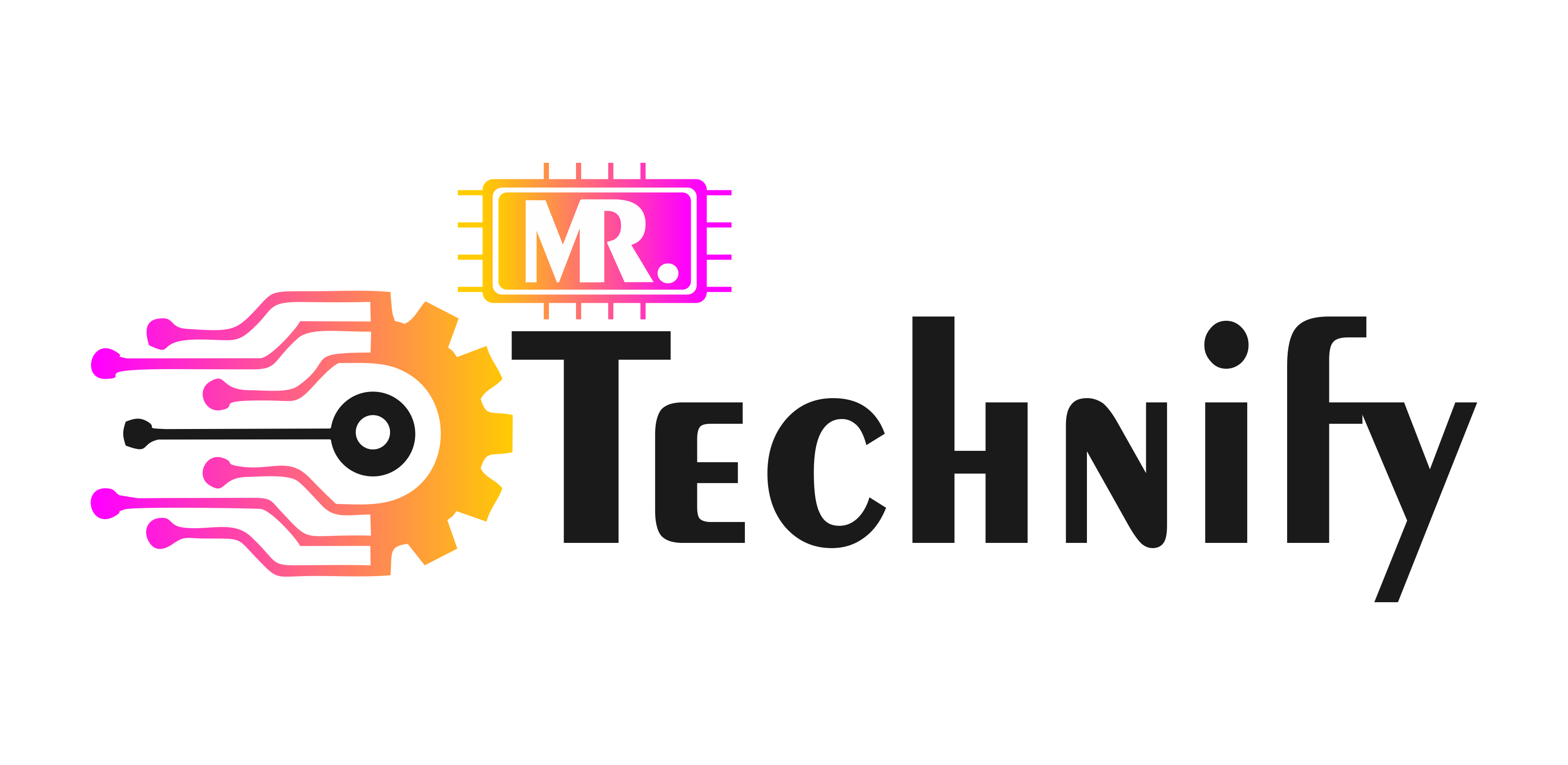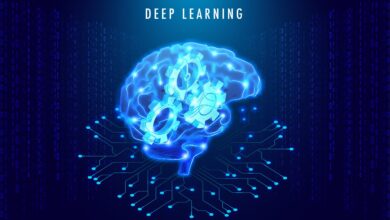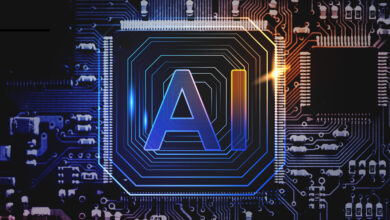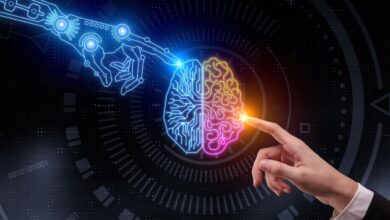Introduction to AI in Space Exploration
The intersection of AI and space exploration marks a significant leap in how we approach the cosmos. Initially, space exploration was primarily a human endeavor, relying heavily on astronauts’ bravery and ingenuity. However, we’re witnessing a transformative shift with the dawn of the artificial intelligence era. AI in space exploration is not just a tool; it’s a paradigm shift, offering a new lens to perceive, analyze, and interact with the vast expanse of space. This integration reshapes our capabilities, pushing the boundaries of what’s possible beyond our atmosphere.
The Evolution of Space Exploration
Historically, space exploration has been a symbol of human curiosity and technological prowess. The progression from the first satellite to human moon missions demonstrates our fundamental need to learn about and comprehend the cosmos. But these missions get more challenging as our aspirations rise. This is where Artificial intelligence steps in – offering solutions to navigate these complexities. AI’s ability to learn, adapt, and make decisions autonomously is pivotal in extending our reach into deeper space. It’s a bridge between human aspiration and the harsh realities of space exploration.
The Role of AI in Modern Space Missions
Modern space missions increasingly rely on AI for various tasks, from mundane data processing to critical decision-making processes. AI’s role encompasses many functionalities – it aids in designing spacecraft, predicting launch weather patterns, navigating spacecraft, and even searching for extraterrestrial life. AI algorithms are adept at handling the vast, complex data sets generated by space missions, providing insights that would be impossible for humans to discern in a reasonable timeframe. This capability is not just an enhancement; it’s revolutionizing how we approach space exploration.

AI Technologies in Space Exploration
The spectrum of AI technologies applied in space exploration is broad and constantly evolving. Machine Learning, a subset of AI, has been instrumental in predictive analysis, helping forecast potential system failures or environmental hazards. AI’s ability to learn from past data and predict future outcomes is crucial in an environment as unpredictable as space.
Machine Learning and Predictive Analysis
Machine learning algorithms excel at identifying patterns and anomalies in large datasets, which is invaluable in space missions. These algorithms can predict equipment malfunctions, solar flares, or even asteroid paths, mitigating potential dangers. Furthermore, they’re instrumental in analyzing signals from deep space, potentially identifying new celestial phenomena or extraterrestrial signals.
Autonomous Navigation and Robotics
Robots and autonomous vehicles, guided by AI, are crucial for exploring terrains that are inaccessible or dangerous for humans. These AI-driven systems can maneuver through unpredictable landscapes, make real-time decisions, and perform tasks ranging from sample collection to complex repairs. The Mars rovers, for instance, are a testament to the capabilities of AI in autonomous navigation and the execution of scientific tasks in remote, harsh environments.
Data Processing and Analysis
The sheer volume of data generated by space missions is overwhelming. AI excels in sifting through this data, extracting meaningful insights, and even identifying patterns humans might miss. This capability is pivotal in fields like astrophysics, where AI algorithms analyze data from telescopes and space probes to deepen our understanding of the universe.
Case Studies: AI in Action
-
AI on Mars Rovers
One of the best examples of AI in action is the Mars rovers. These rovers, outfitted with AI-driven technologies, can independently traverse the Martian terrain, examine soil samples, and look for traces of ancient life. They must be able to make snap judgments on where to travel and what to investigate, especially considering the communication break between Earth and Mars.
-
AI in Satellite Image Processing
AI’s role in processing satellite imagery has far-reaching implications, from improving weather forecasting to monitoring environmental changes. By analyzing patterns over time, AI can predict natural disasters, track climate change, or assist in urban planning and agricultural management.
-
AI for Astronomical Research
AI algorithms are fundamental in processing vast amounts of data from telescopes and space probes. They help astronomers discover new planets, understand stellar formations, and even search for signals from other civilizations. AI’s ability to efficiently parse through data accelerates our understanding of the universe.
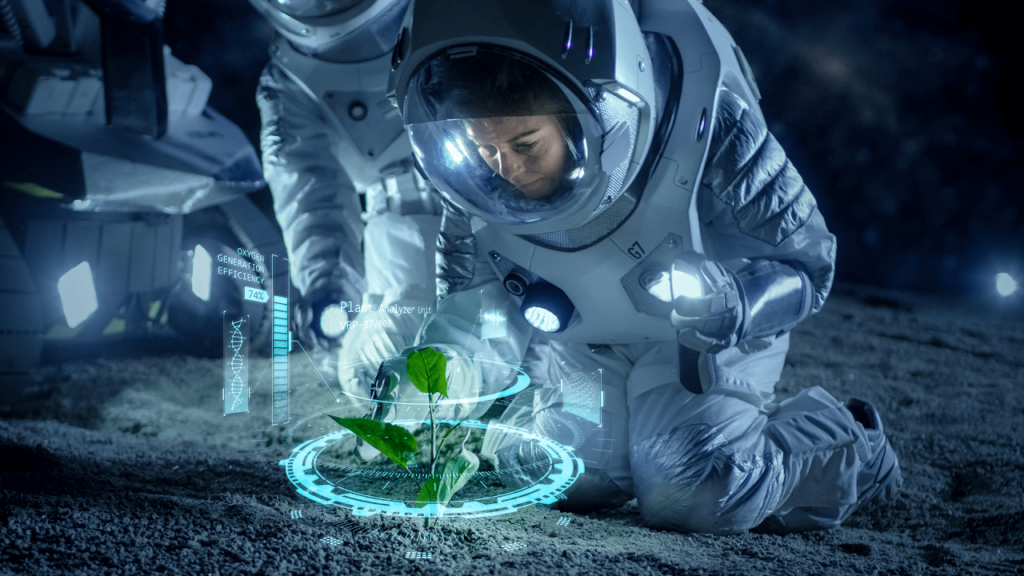
Benefits of AI in Space Exploration
-
Increased Efficiency and Accuracy
AI significantly enhances the efficiency and accuracy of space missions. Automated systems decrease the likelihood of human error and ensure precision in tasks like spacecraft navigation and data analysis. This increased efficiency not only saves time but also conserves valuable resources.
-
Cost Reduction and Risk Management
AI-driven missions are often more cost-effective and carry fewer risks than human-crewed missions. AI technologies enable remote operations, minimizing the need for human presence in potentially hazardous environments. This reduces the risk to human life and cuts down on the substantial costs associated with human-crewed missions.
-
Deep Space Exploration Possibilities
AI is key to unlocking the possibilities of deep space exploration. Human-led missions beyond the Moon are impractical due to the vast distances and hostile conditions. AI-driven spacecraft and robots, however, can endure these extended missions, paving the way for exploration that would otherwise be impossible.
Challenges and Considerations
-
Ethical and Safety Concerns
As AI becomes more integrated into space exploration, it raises ethical and safety concerns. Questions about decision-making autonomy and accountability in AI systems are at the forefront. Ensuring that these systems are reliable, safe, and ethically programmed is paramount, especially when they’re making decisions that could have significant consequences.
-
Technological Limitations
Despite its advancements, AI technology has limitations. One of the biggest challenges is ensuring these systems can operate effectively in space’s unpredictable and harsh environment. AI systems must be robust, able to withstand extreme conditions, and adaptable to unforeseen scenarios.
-
Collaboration and Regulations
Effective collaboration between countries and adherence to international regulations are crucial for the responsible development and deployment of AI in space exploration. As space becomes more accessible, ensuring that AI technologies are used ethically and sustainably is a collective responsibility.
Future Trends and Predictions
-
Advancements in AI Technologies
The future will likely see significant advancements in AI technologies, further enhancing their capabilities in space exploration. These advancements could lead to more sophisticated autonomous systems, improved data analysis algorithms, and even AI-driven spacecraft capable of making complex decisions independently.
-
Collaborative Projects and International Partnerships
The trend towards collaborative space projects is expected to continue, with AI playing a central role. These collaborations, spanning nations and organizations, will pool resources, knowledge, and technologies, accelerating advancements in space exploration.
-
The Role of Private Companies in Space Exploration
Private companies are increasingly becoming key players in space exploration. Their involvement brings fresh perspectives, innovation, and competition to the field. The synergy between private sector innovation and public sector experience will likely drive significant progress in space exploration, with AI as a cornerstone technology.
Conclusion
AI in space exploration represents a monumental shift in our approach to understanding and exploring the cosmos. Its capabilities in data analysis, autonomous decision-making, and operational efficiency are not just enhancing existing methods but opening new pathways to explore the unknown. As we look towards the future, the fusion of AI in space exploration technologies promises to unveil mysteries of the universe that have long captivated humanity.
FAQs for AI in Space Exploration
What impact does AI have on the cost and accessibility of space exploration?
AI-driven missions are often more cost-effective and less risky than manned missions, making space exploration more accessible and sustainable.
Can AI enable deep space exploration beyond our current capabilities?
AI's ability to operate autonomously and withstand harsh space environments makes it a key enabler for deep space exploration, opening possibilities beyond current human capabilities.
What are the ethical considerations surrounding the use of AI in space exploration?
Ethical considerations include ensuring the reliability and safety of AI systems, addressing concerns about autonomous decision-making, and maintaining accountability in AI operations.
How do private companies influence the role of AI in space exploration?
Private companies are driving innovation in AI for space exploration, bringing new technologies, competitive approaches, and increased investment to the field.
Rate our Article (AI in Space Exploration | A Comprehensive Guide)How much do you like our Article?
